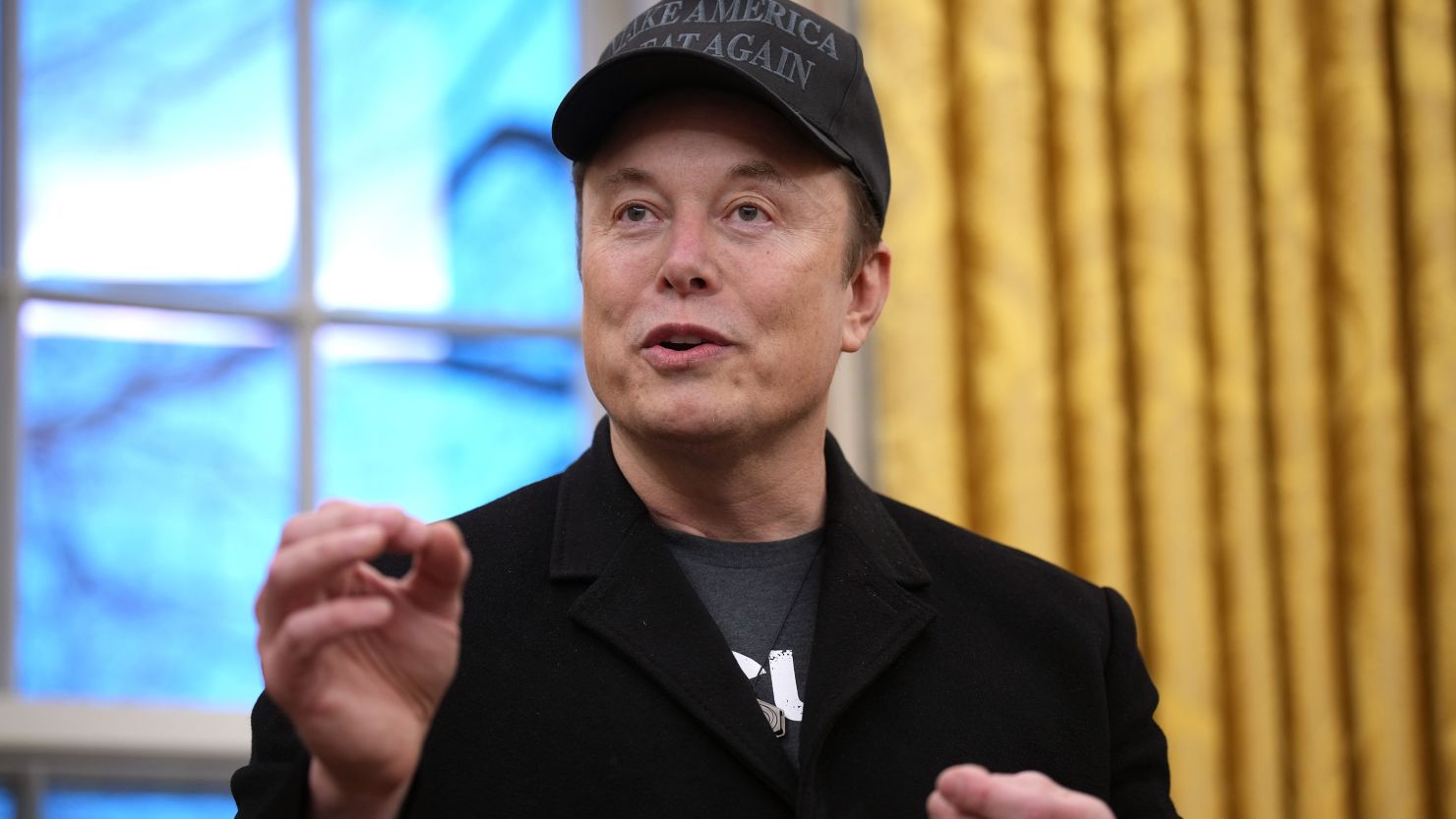Elon Musk and X Settle $128 Million Severance Dispute with Fired Twitter Executives – Legal Drama Ends in Undisclosed Deal
In a stunning turn that quiets a chapter of post-acquisition chaos, Elon Musk and his social media empire X have inked a settlement with four ousted Twitter heavyweights, dodging a courtroom showdown over $128 million in withheld severance pay. This resolution caps years of bad blood, spotlighting the high-stakes fallout from Musk’s $44 billion Twitter takeover.
SAN FRANCISCO, California – Elon Musk and X Corp announced a settlement on October 8, 2025, resolving a heated lawsuit filed by four former top Twitter executives who accused the tech mogul of stiffing them on $128 million in promised severance after he fired them in the wake of his 2022 acquisition. The plaintiffs—ex-CEO Parag Agrawal, former CFO Ned Segal, ex-Chief Legal Officer Vijaya Gadde, and former General Counsel Sean Edgett—sued in March 2024, claiming Musk’s abrupt terminations were a vengeful ploy to evade payouts tied to years of service.
The dispute traces back to October 27, 2022, when Musk finalized his $44 billion purchase of Twitter, rebranding it as X and slashing more than half the workforce in a bid to streamline operations amid mounting debts. Hours after the deal closed, he axed the executive quartet, citing “for cause” dismissals over alleged misconduct and poor performance—allegations the group vehemently denied. Court documents reveal they were each entitled to one year’s salary plus unvested stock options worth hundreds of thousands, benefits locked in long before Musk’s involvement.
A pivotal twist emerged from Walter Isaacson’s 2023 biography on Musk, which quoted the billionaire admitting he rushed the deal’s closure a day early to thwart $200 million in executive windfalls, vowing to “hunt” the board “till the day they die” for what he saw as misleading valuations. The executives argued this maneuver, plus fabricated misconduct claims, stripped them of vested shares set to mature the next day. Musk’s camp countered that the firings were justified, pointing to Twitter’s pre-acquisition struggles with user growth and ad revenue dips.
This executive clash isn’t isolated; it follows X’s August 2025 settlement of a $500 million class-action suit from roughly 6,000 rank-and-file employees laid off in waves post-buyout, who decried skimpy or nonexistent severance packages. That deal, too, kept financial details under wraps but marked a pattern of Musk opting for out-of-court resolutions to quash prolonged litigation.
Legal eagles view the outcome as pragmatic. “Settlements like this let both sides sidestep discovery’s glare and jury unpredictability, especially when reputations are on the line,” says employment attorney Rachel Arnow-Richman, a University of Denver law professor specializing in tech disputes. She notes Musk’s track record—facing over a dozen suits since the takeover, from advertiser boycotts to content moderation gripes—shows a preference for quick fixes over drawn-out defenses. On X, reactions split sharply: Supporters hailed it as “Musk moving on from woke holdovers,” racking up likes on posts from conservative influencers, while critics blasted the payouts as “corporate welfare for failures,” with one viral thread from @TechJusticeNow amassing 50,000 views decrying executive excess in Silicon Valley.
For American workers and investors, the settlement underscores vulnerabilities in executive contracts during mega-mergers, a hot topic amid 2025’s M&A surge driven by AI booms. It could nudge companies toward ironclad “change-of-control” clauses, protecting top brass from billionaire whims—lessons rippling into U.S. boardrooms from Wall Street to the Valley. Economically, X’s legal tab, estimated in the hundreds of millions, strains its post-buyout pivot to premium subscriptions and Grok AI integrations, potentially hiking user fees or ad rates that hit everyday advertisers. Politically, it fuels debates on wealth inequality, with Democrats eyeing it as ammo for tech regulation bills, while Musk’s GOP allies frame it as “business as usual” in cutthroat capitalism.
User intent in these stories skews toward schadenfreude and strategy: Readers crave insider scoops on billionaire feuds for water-cooler fodder, but also actionable insights—like bolstering personal severance negotiations in a volatile job market. Media managers tread carefully, verifying claims against court filings to avoid Musk’s litigious streak, while platforms like X amplify verified updates via blue-check badges to curb misinformation spikes.
As the dust settles, whispers of further suits linger—Musk’s ongoing advertiser exodus and EU probes keep the docket full. Yet this winnows one thorn, letting X refocus on its “everything app” ambitions, from payments to video streams.
The executives, now scattered—Agrawal advising startups, Gadde on nonprofit boards—emerge financially whole, if scarred. Musk, ever the provocateur, stayed mum on X, but insiders bet he’s already plotting his next moonshot.
In essence, this $128 million severance settlement with fired Twitter executives closes a bitter loop for Elon Musk and X, paving the way for stabilized ops but signaling persistent legal shadows over his empire-building spree.
By Sam Michael
Follow and subscribe to us today for breaking updates—turn on push notifications to stay ahead of the headlines!
